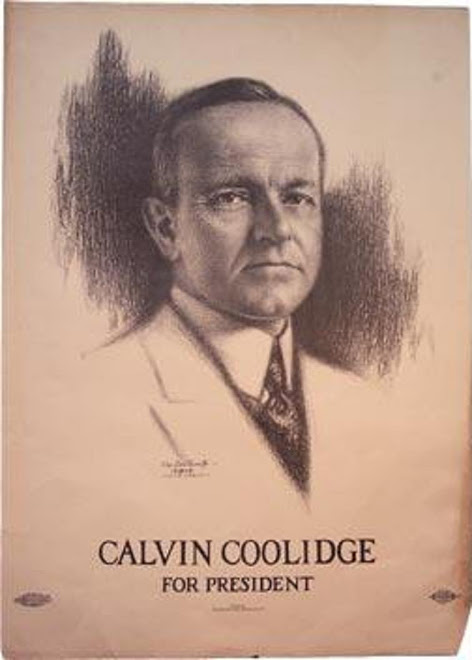Guest post by Postmodern Conservative.
Barrack Obama's appeal to 90% of black American voters is an example of "political tribalism." By this I don't mean a slur on African ethnicity or any ethnicity in particular. The fact is that all sorts of people and races indulge in this sort of identitarian or group mentality. The Croats and Serbs of former Yugoslavia are an apt example. But whatever its manifestation, it is a problem that must be consistently combated. Any sort of balkanized politics is opposed to basic principles of western civic tradition, republican stability, and the rule of law.
For example, we saw political tribalism in the early '60s in the way American Catholics, otherwise as a very conservative bunch, backed John F. Kennedy and later his brother Ted. Whole segments of the Church, bishops and priests included, bought into a political machine because they mistook a surface "identity" with their religious or cultural background (for example, working class Boston Irish) for real principles. In the end, the principles were lost and only the smarmy Kennedy mafia machinery remained. The modern faithlessness of Boston Catholics is now legendary. And while blacks have long had a reputation for religiosity and love of family, one can safely say that this has been totally imploded thanks to a similar sell out of morality for ideology. Both blacks and Catholics got sidetracked by what Lenin perhaps aptly called the "trade union" mentality in politics.
A rightist version of tribalism is evinced by John Derbyshire, a columnist for National Review, who has engendered controversy for his racialist views. Although married to an Asian women, he has made clear his dislike for blacks and likes cavorting with high-brow bigots like Jared Taylor. He admits he is a "racist," albeit "a mild and tolerant one." He is an ex-Christian turned New Ager who enjoys bashing proponents of Intelligent Design. He also is pro-choice and supports euthanasia. And I have run into a lot of right-wingers like Derbyshire who are hard-core on all the wrong issues, or on issues that are secondary to the more important social and ethical concerns of conservatism. In previous posts I've noted the problem of paleo-tribalists like Joseph Sobran and Samuel Francis.
What is particularly devious about modern tribal politics, whether of the class, ideological or ethnic variety, is that unlike the old barbarian clannishness, it makes a sham appeal to universal morality in denouncing oppression or discrimination. And many of those claims may in fact be true. But it then goes on to apply a totally subjective remedy which is no more than an expression of envy or hatred. It undermines any sense of equitable justice. It keeps the wheels of vengeance turning, and reduces human polity to a series of never-ending vendettas. This may be the way of savages (of the cultural or ideological variety) but it is totally out of keeping with our Greco-Roman notions of law and our Judeo-Christian moral heritage.
As Benjamin Franklin, himself an agnostic, once admitted: "If men are so wicked with religion, what would they be if without it." The point is that if political ethics are not based on something transcendent then they have become just another form of vice.



